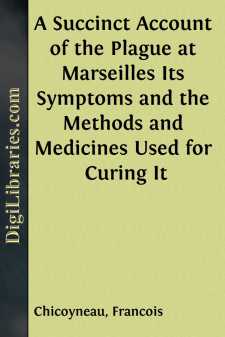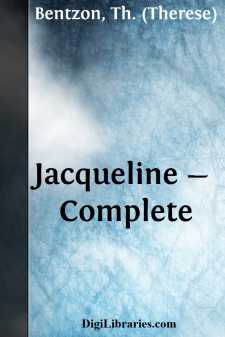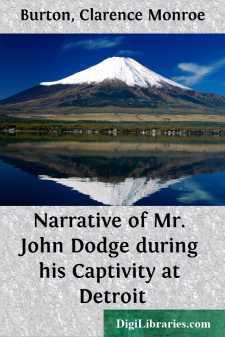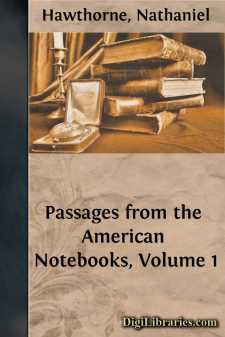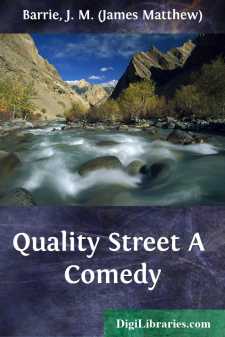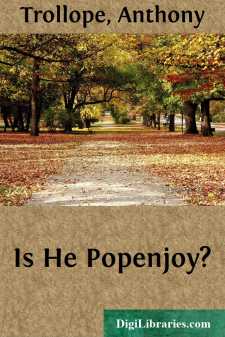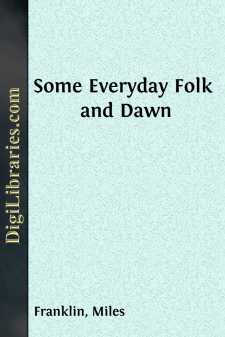Fiction
- Action & Adventure 180
- Biographical 15
- Christian 59
- Classics
- Coming of Age 5
- Contemporary Women 3
- Erotica 8
- Espionage/Intrigue 12
- Fairy Tales, Folklore & Mythology 236
- Family Life 169
- Fantasy 117
- Gay 1
- General 596
- Ghost 32
- Historical 808
- Horror 43
- Humorous 160
- Jewish 25
- Legal 4
- Medical 22
- Mystery & Detective 315
- Political 49
- Psychological 41
- Religious 64
- Romance 159
- Sagas 11
- Science Fiction 730
- Sea Stories 113
- Short Stories (single author) 537
- Sports 10
- Suspense 1
- Technological 8
- Thrillers 2
- Urban Life 31
- Visionary & Metaphysical 1
- War & Military 173
- Westerns 199
Classics Books
Sort by:
by:
David Cory
CHAPTER I WILD GEESE Slow Dog, Medicine Man, looked out of his lodge. Wild geese were honking overhead. To the Indian it meant the return of spring. "I must be the first to kill one," muttered Slow Dog. Entering his lodge, he presently came out with bow and arrows. Hastening toward a bend in the river which formed a sheltered cove, he hid among a clump of willow bushes and waited in the hope...
more...
o give some Satisfaction to the just Expectations of very many Persons, as well of this Realm as of foreign Countries, who fearing the dismal Effects of the Contagion, have done us the Honour to request of us some Account of the Nature of the Distemper that has depopulated Marseilles, and of the Success of such Remedies as we have employed against it; we have thought fit to draw up the following...
more...
CHAPTER I. A PARISIENNE'S "AT HOME" Despite a short frock, checked stockings, wide turned-over collar, and a loose sash around the waist of her blouse in other words, despite the childish fashion of a dress which seemed to denote that she was not more than thirteen or fourteen years of age, she seemed much older. An observer would have put her down as the oldest of the young girls who on...
more...
CHAPTER I. . . . THIS ancient city, How wanton sits she amidst Nature's smiles! . . . Various nations meet, As in the sea, yet not confined in space, But streaming freely through the spacious streets.—YOUNG. . . . His teeth he still did grind, And grimly gnash, threatening revenge in vain.—SPENSER. "PARIS is a delightful place,—that is allowed by all. It is...
more...
he narrative of John Dodge is one of the records of frontier life during the period of the American Revolution that displays the intense feeling of hatred and unfairness evinced by the British soldiers to the American rebels. It was written and published during the time of the greatest excitement in the West—the scene of the Narrative—and is historically valuable because of being contemporary with...
more...
Salem, June 15, 1835.—A walk down to the Juniper. The shore of the coves strewn with bunches of sea-weed, driven in by recent winds. Eel-grass, rolled and bundled up, and entangled with it,—large marine vegetables, of an olive-color, with round, slender, snake-like stalks, four or five feet long, and nearly two feet broad: these are the herbage of the deep sea. Shoals of fishes, at a little...
more...
ACT I The scene is the blue and white room in the house of the Misses Susan and Phoebe Throssel in Quality Street; and in this little country town there is a satisfaction about living in Quality Street which even religion cannot give. Through the bowed window at the back we have a glimpse of the street. It is pleasantly broad and grass-grown, and is linked to the outer world by one demure shop, whose...
more...
by:
Anthony Trollope
INTRODUCTORY.—NUMBER ONE. I would that it were possible so to tell a story that a reader should beforehand know every detail of it up to a certain point, or be so circumstanced that he might be supposed to know. In telling the little novelettes of our life, we commence our narrations with the presumption that these details are borne in mind, and though they be all forgotten, the stories come out...
more...
by:
Joseph Hocking
CHAPTER I TELLS HOW THE PENNINGTONS LOST PENNINGTON I am writing this story at the wish of many friends, who tell me it is my duty so to do. Certain stories have been afloat, which are anything but true, and it has been urged upon me again and again to set down in plain terms the true history of events which have set people's tongues wagging. I must confess that, in spite of the pleasure I have in...
more...
by:
Miles Franklin
CLAY'S. The summer sun streamed meltingly down on the asphalted siding of the country railway station and occasioned the usual grumbling from the passengers alighting from the afternoon express. There were only three who effect this narrative—a huge, red-faced, barrel-like figure that might have served to erect as a monument to the over-feeding in vogue in this era; a tall, spare, old fellow...
more...



